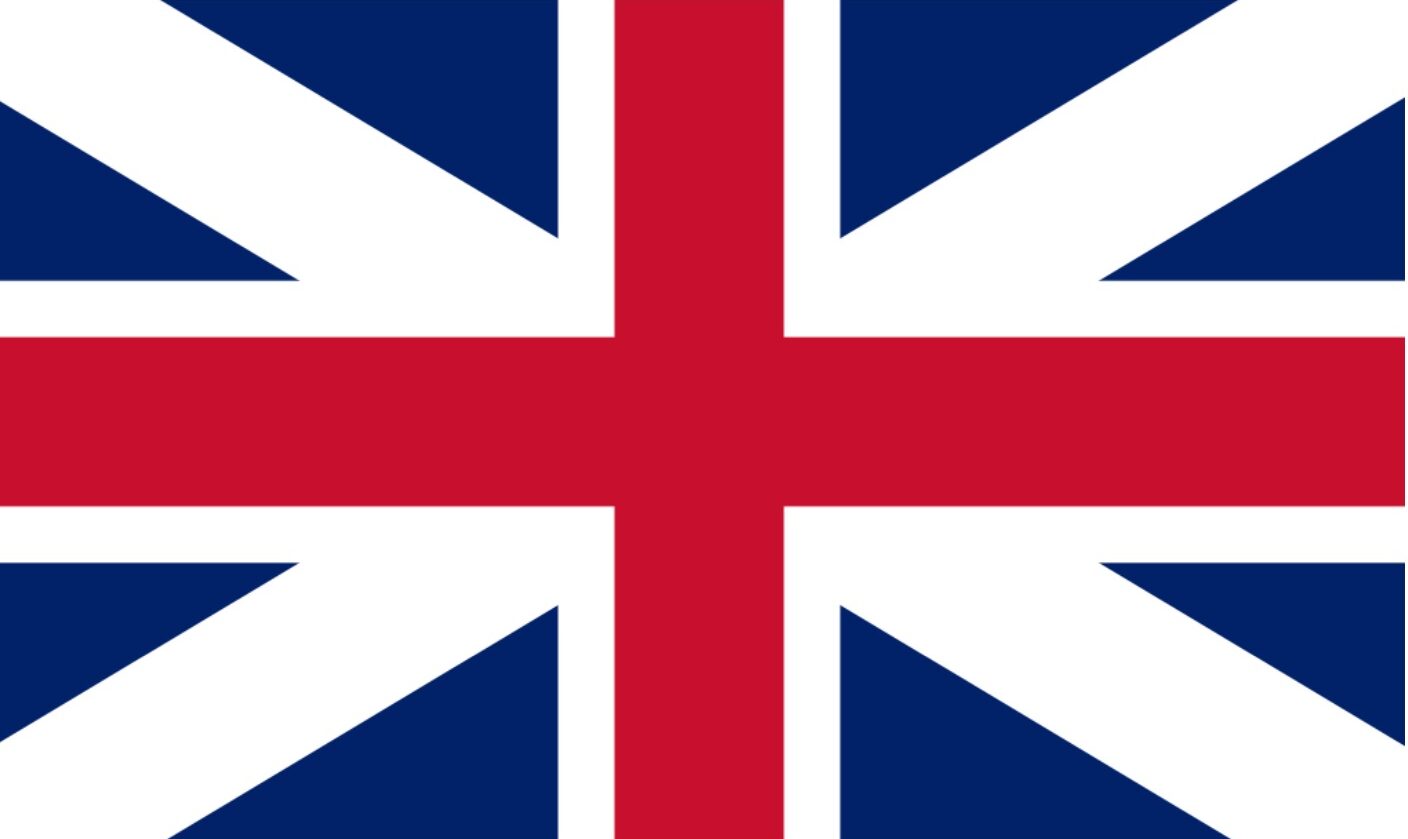Herman Hostetter was born in March 1753, at Lancaster, Pennsylvania, the grandson of Bishop Jacob Hostetter from Lake Constance, Switzerland. Jacob arrived in America about 1712, and was one of the founding fathers of the “Pennsylvania Dutch” Mennonite/Amish community at Lancaster.
The Mennonites have held to a doctrine of defenselessness and nonresistance since their beginnings early in the 16th century. But by the early 1770’s the Mennonites of eastern Pennsylvania had spent sixty years in America, clearing land, establishing farms and building various successful business enterprises. They tended to forget their European history, the hardships and religious persecution they had faced from unsympathetic neighbours. They were ill prepared to deal with children who got caught up in the fever of the Revolutionary War.
In May, 1775, Lancaster’s Committee of Observation put out the following statement: “We do most solemnly agree and associate to defend … the religious and civil rights of this and sister colonies, with our lives and fortunes … And … to acquaint ourselves with military discipline, and to learn the art of war.”
This whole issue began to tear apart the community of Lancaster, which had a large Mennonite population. After the fourth of July, 1776, when supporters of the revolution were known as Whigs and those who remained loyal to the king were branded as Tories, the Mennonites were clearly Tories.
In March 1777, a military draft law was passed, requiring all able-bodied men to enroll in a militia. Those who refused had either to pay a fine or find a substitute. Most Mennonites did not comply. Three months later there was a second new law, requiring every white male to take an affirmation or oath of loyalty to the new Continental government. Mennonites could not in conscience obey the law, which required them to “renounce and refuse all allegiance to George the Third, King of Great Britain,” since they had already promised to do exactly the opposite.
In the spring of 1778, General Howe made an offer of 50 acres of land to any able-bodied men who were willing to join in the King’s army. A young Mennonite by the name of Herman Hostetter threw in his lot. Shortly thereafter, Howe withdrew from Philadelphia, and Hostetter was among the first evacuees to Port Roseway, Nova Scotia (now called Shelburne), where he purchased a farm among other loyalists. In 1780, in Nova Scotia, he married Ann Newman Kennedy, the daughter of an Irish loyalist, John Kennedy, who had made only a short stop in Canada before returning to Ireland. Herman and Ann’s first child was born in 1783.
Herman was later given land as a loyalist in Upper Canada. From Port Roseway, Herman and his wife made their way to Niagara, in about 1788. By 1806 they had had 11 children.
Herman died in his 60th year in December 1812. His wife, Ann, survived him by 37 years. They are buried in the Hostetter Cooke Cemetery in Port Weller, Ontario.
Herman and Ann’s second child, Ann Hostetter, was born in February 1785 while they were still in Nova Scotia. In November 1805, a couple of months before her 21st birthday, now in Niagara, Ann Hostetter married Frederick Goring. Ann’s mother-in-law (Frederick’s mother) was … Lucy Secord.
Submitted by Ken Simmons UE
